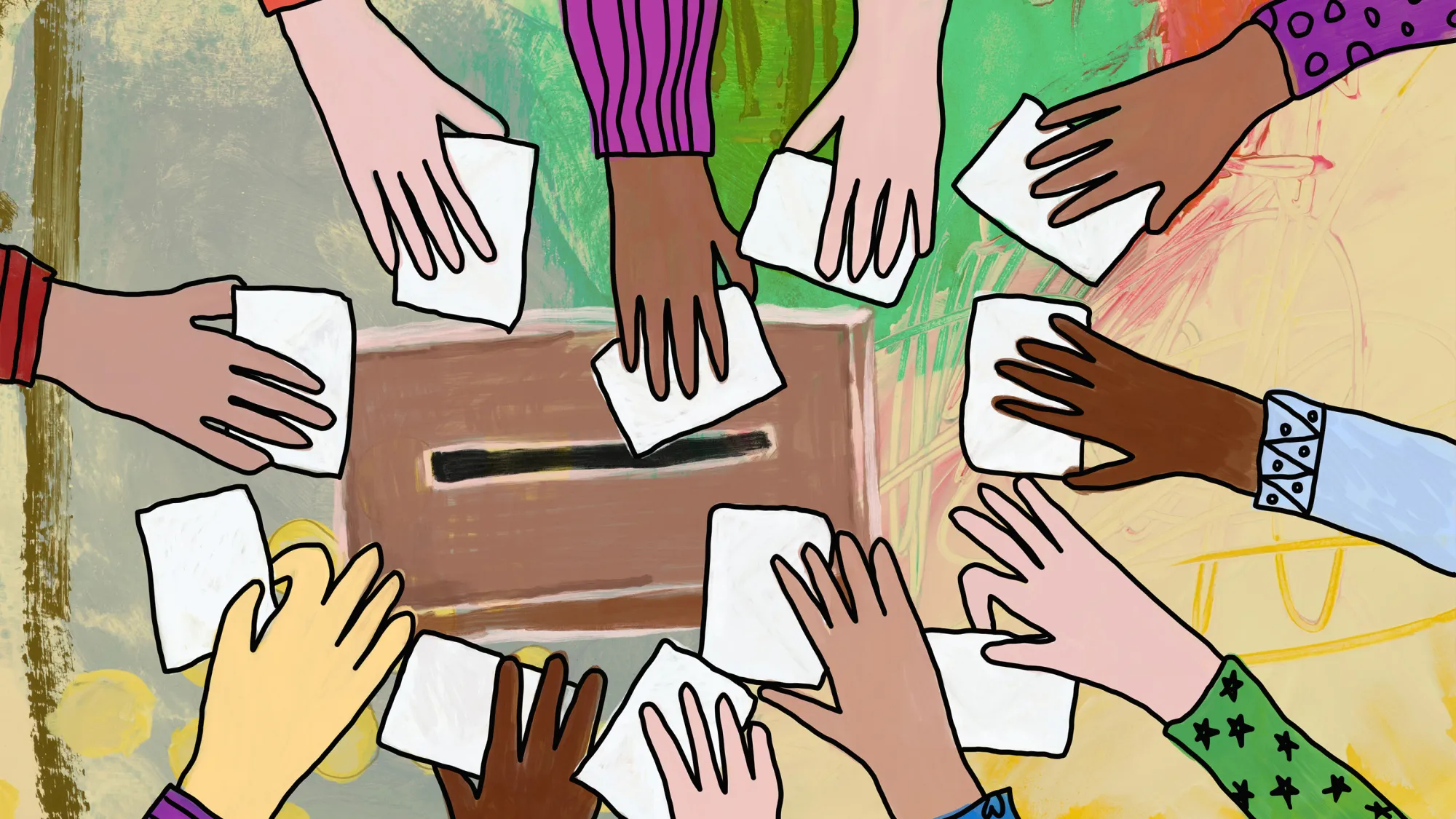
As a teacher, when you consider your workplace within your school system, how does it make you feel, and what people and experiences have shaped that response? Do you find yourself avoiding certain activities, locations, or colleagues because of what they’ve said about your new idea or how they’ve made you feel?
Is reading this making your pulse quicken, imagining something or someone waiting to threaten your zen when you arrive at your desk tomorrow? You spend a lot of time in that workplace—it should feel safe.
WHAT IS PSYCHOLOGICAL SAFETY?
In the research article “Feeling Safe at Work: Development and Validation of the Psychological Safety Inventory,” the authors write, “Psychological safety, defined as perceptions that an individual within a team is supported and feels safe to take interpersonal risks, voice opinions, and share ideas, is vital for organizational effectiveness.” If you’ve ever felt psychologically or emotionally unsafe at work, you know that your heart, brain, and central nervous system can feel like they’ve been hijacked and thrown into a spin cycle. Simply put, it can really mess with your body and mind. The concern about your emotional safety can make going to work feel painful or frightening, can create physical illness or mental health issues, and can impact the school workplace as a whole.
For those working in K–12 schools, the sense of high-stakes pressure is palpable. For teachers, paraeducators, bus drivers, counselors, administrative assistants, and cafeteria staff—so many different roles with a myriad of responsibilities—the school environment is complex and challenging enough without having to experience a lack of psychological safety on a daily basis. So why do so many school employees, at some point in their careers, experience a lack of support and/or psychological safety, and what can be done about it?
READING YOUR CUES
If you find that despite your best efforts, your psychological health, safety, or well-being is potentially compromised, remember that you not only deserve to feel safe but have the right to. Here are some of the physical and emotional signs that you may be experiencing a psychologically unsafe environment:
- Looking for reasons to escape from your workday, also known as task or situational avoidance
- Nightmares about people or situations at work replaying themselves in a loop
- Headaches, stress eating, stomachaches
- General or very specific sense of fear toward a person(s) or thing
- Elevated mental health concerns, including anxiety, depression, hypersensitive reactions, freezing up unexpectedly, difficulty with memory retention
Our well-being affects our work. As Alex Shevrin Venet’s book Equity-Centered, Trauma-Informed Education notes, “Humanizing school requires that we dispense with the outdated idea that adults can somehow divorce their brains from their bodies….schools need to change so that children and adults can bring their whole selves with them; schools need to be places that increase our personal and community wellness, not deplete it.”
SUPPORT STRATEGIES
Any workplace role in schools is challenging in this day and age. It’s important to be able to read your own cues and have strategies to prioritize your own wellness and safety, especially if it feels like no one else is.
Grounding exercise: Stand or sit with your feet (bare, if possible) on the floor, settle your body, lean into being still and gentle, and feel the weight of your body through your feet. Inhale for three counts and exhale for three, allowing each of seven breath sets to connect you more deeply with the ground, drawing those negative feelings and thoughts down through your body and out through your feet. As you release that weight, you grow more grounded and strengthened by the breath and the feeling of your feet against the ground.
Support systems: You may work by yourself in a classroom or work with a team, but you’re never alone. It’s important to find and connect with your people and create support systems, not only to act as a safeguard, but also to help clear your mind. Maybe take intentional time to consider connecting with a hallway buddy, someone nearby you can check in with between classes. You could establish a peer group, whether it be one or more colleagues—those in the building you can also connect with outside of work.
Perhaps you can request a mentor or coach to debrief with, or you have a best friend or family member whom you’re able to reach out to away from the work environment. You deserve people and opportunities that allow you to unpack the weight you may be carrying.
Pull the ripcord: Not everything is an emergency or plays out like the climactic Hollywood movie scene, but it can feel that way, and sometimes it is that way.
Every person’s experience is their own, and each is different. For a person going through something that looks and feels unsafe, it may consume their entire universe and have a significant traumatic impact.
If you feel you are compromised—if you or your ideas have been belittled, for example—pull the ripcord and seek help immediately. Document any incidents and contact your employee assistance program; seek the support of a union representative if you are a member and the situation seems warranted; or speak with a trusted peer or seek mental health support.
The work you’re doing serving students, staff, and families is some of the most critical work for the future development of our society. You deserve to come to work and leave each day healthy, whole, and without fear.



